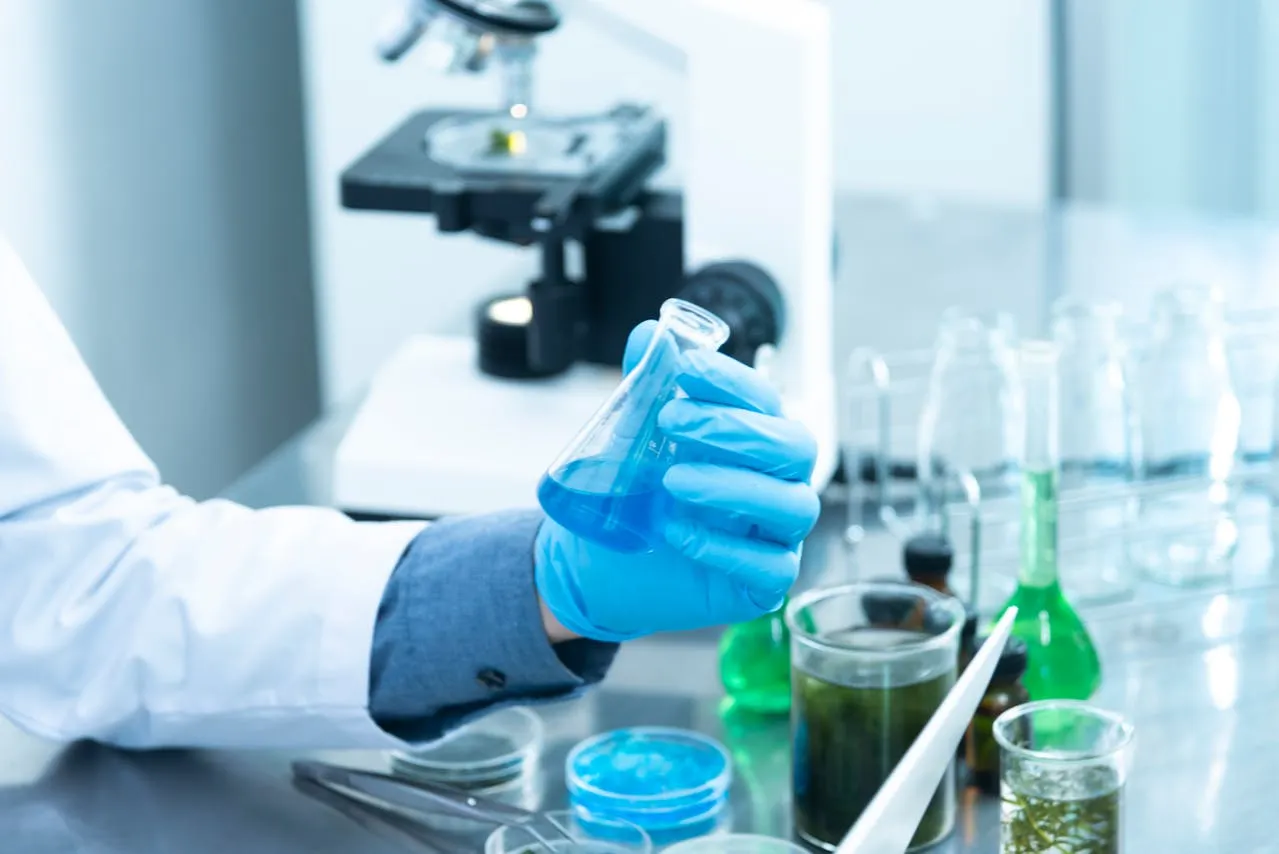
The report “Germany Chemical Licensing Market – Forecasts from 2024 to 2029” has been released by ResearchAndMarkets.com. The German chemical licensing market is projected to grow at a CAGR of 1.6%, increasing from an estimated US$1.14 billion in 2024 to US$1.24 billion by 2029.
Germany’s robust chemical industry supports companies in navigating the complexities of licensing, with specialized environmental law firms providing legal guidance on compliance. Notably, German firms often adopt an export-driven approach, allowing them to share technologies with global partners, enhancing their international presence without direct investments in new sectors. This strategy stimulates market growth and encourages operational improvements among other firms, thereby increasing demand for licensed technologies.
The anticipated growth in infrastructure development and industrial activity is expected to further boost the German chemical licensing market. Major players like BASF, Bayer, and Evonik are at the forefront, leveraging their advanced technologies to develop innovative chemical processes that can be licensed both domestically and abroad. Germany’s well-developed industrial infrastructure supports efficient production, logistics, and distribution, creating a favorable environment for manufacturing and innovation.
Integrated chemical parks and clusters foster collaboration and resource sharing, making licensing agreements more appealing. According to the Expert Committee on Specifications for Pharmaceutical Preparations (ECSPP), Germany features 29 chemical clusters, with many connected to rail and highway networks, facilitating the movement of chemical substances.
Favorable government regulations are driving growth in the German chemical licensing market. Stricter environmental regulations are pushing companies to innovate and develop sustainable chemical processes. As the demand for eco-friendly technologies rises, the market for chemical licenses is expected to expand, with many firms seeking to enhance their environmental performance.
However, high compliance costs associated with registration and licensing can hinder the growth of the chemical licensing market, especially for small and medium-sized enterprises (SMEs). These costs may shift focus from innovation to regulatory compliance, posing challenges for many businesses. Increased demand for skilled professionals in licensing processes may further strain resources. To counter these issues, financial support programs and industry collaborations could promote cost-effective solutions.
Industry Updates:
- February 2024: Evonik partnered with the University of Mainz to commercialize a new class of PEG lipids for nucleic acid delivery, with the aim of enhancing immunogenicity.
- January 2024: BASF Corporation and Lubrizol Corporation signed a licensing agreement for selected EMGARD and Plurasafe products, set to be marketed under a new brand name starting April 1, 2024.
Key Report Attributes:
- No. of Pages: 98
- Forecast Period: 2024 – 2029
- Estimated Market Value (2024): $1.14 Billion
- Forecasted Market Value (2029): $1.24 Billion
- CAGR: 1.6%
- Regions Covered: Germany
Key Topics:
- Introduction
- Research Methodology
- Executive Summary
- Market Dynamics
- Germany Chemical Licensing Market by Type
- Germany Chemical Licensing Market by Application
- Germany Chemical Licensing Market by State
- Competitive Environment and Analysis
- Company Profiles (Mitsubishi Gas Chemical, ExxonMobil Chemical, Eastman Chemical, and others)
For more details, visit ResearchAndMarkets.com.




